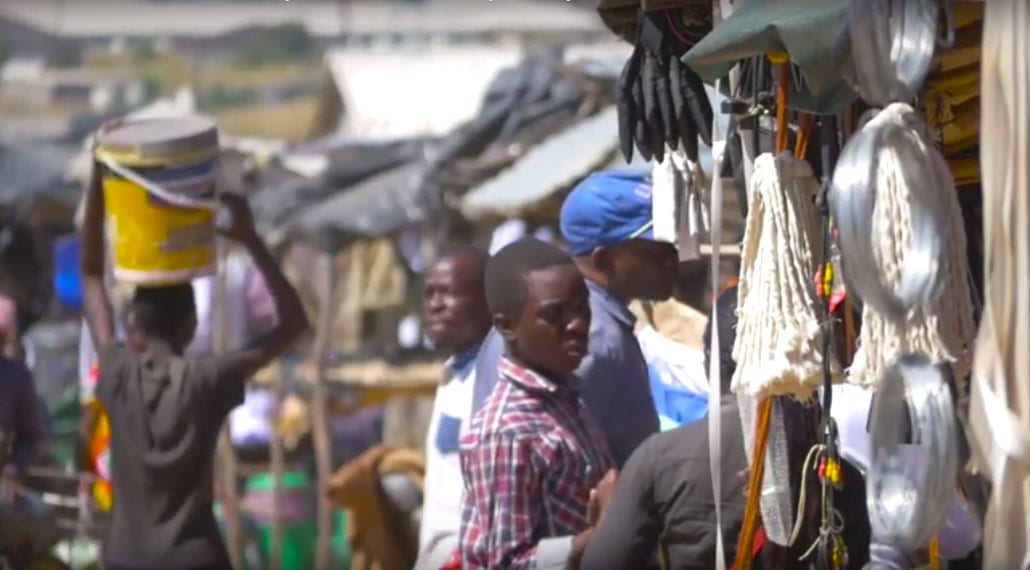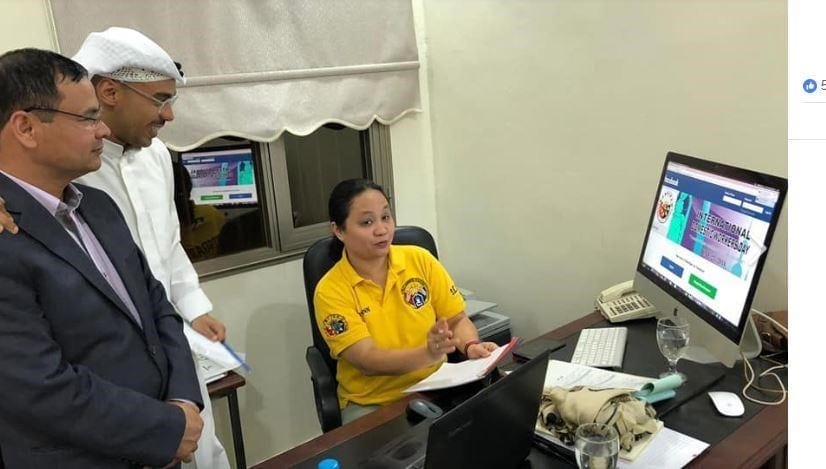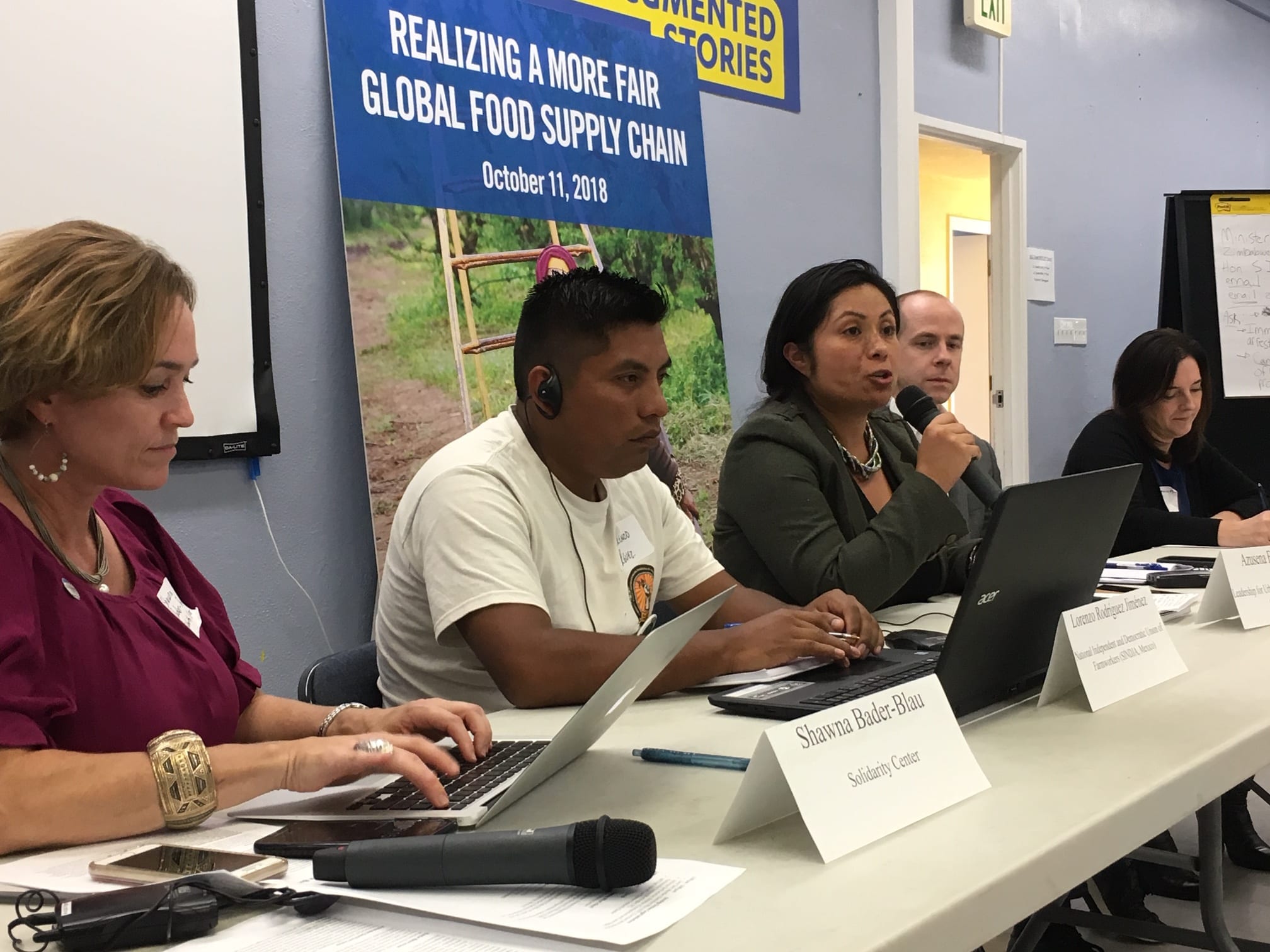The Kuwait Trade Union Federation (KTUF) this week celebrated the relaunch of a migrant worker office within its headquarters to help address legal cases related to wage theft or other forms of exploitation brought by migrant workers, including domestic workers, in...

The Solidarity Center assists workers in the informal economy, such as market vendors in Zimbabwe, come together to assert their rights and raise living standards. Credit: ZCIEA
Some 2 billion people work in the informal sector as domestic workers, taxi drivers, and street vendors, many of them women workers. Informal economy work now comprises the majority of jobs in many countries and is increasing worldwide. Although informal economy workers can create up to half of a country’s gross national product, most have no access to health care, sick leave or support when they lose their jobs, and they have little power to advocate for living wages and safe and secure work.
The Solidarity Center is part of a broad-based movement in dozens of countries to help workers in the informal economy come together to assert their rights and raise living standards. For instance, three affiliates of the Central Organization of Trade Unions-Kenya (COTU-K), a Solidarity Center partner, signed agreements with informal worker associations to unionize the workers, enabling them to access to the country’s legal protections for formal-sector employees.
Find out more about informal workers gaining power by joining together in unions and worker associations in this Solidarity Center-supported publication, Informal Workers and Collective Action: A Global Perspective.
Building Alliances: Going Forward for Food Chain Workers
Around the world, farmworkers typically are not covered by labor laws and are prevented from exercising their fundamental legal rights, namely to form unions and bargain collectively, says Jeff Vogt, director of Rule of Law for the Solidarity Center. Vogt opened a...
Marie Constant: Empowering Domestic Workers in Lebanon
Marie Constant has worked as a domestic worker in Lebanon since 1997. Originally from Madagascar, Constant has been fortunate to have a good employer. But most migrant domestic workers are not so lucky. "In general, domestic workers [must] work from morning until...
No Results Found
The page you requested could not be found. Try refining your search, or use the navigation above to locate the post.



